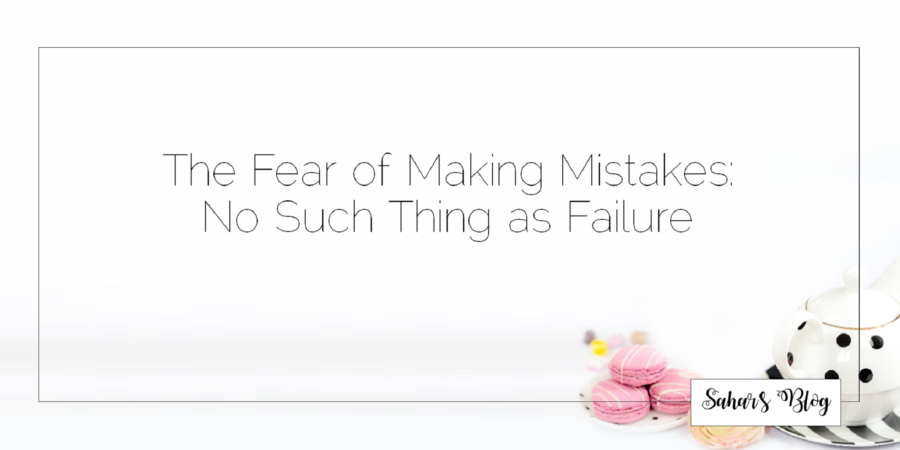Mistakes earn a bad reputation pretty early on in our lives. When we make mistakes on a test at school, it gets marked in bold red, is sometimes mentioned by the teacher as a bad thing we should not have done, and something our parents tell us not to repeat next time. This relationship with mistakes is further cemented throughout the years with emphasis put on our mistakes at school, at home, in the workplace, and through such media as fashion and health magazines. Societal norms of unachievable perfection also help to further consolidate our unhealthy relationship with mistakes. Seen as such, mistakes keep us prisoner by limiting the range of ideas we are willing to explore.
Where Mistakes are Good
Thankfully the tide seems to be turning. An increasing number of posts speak of mistakes in a positive light. To be able to see mistakes as, say, opportunities to learn implies replacing the pattern of thought and behaviour that punishes us for mistakes with one that analyses them in a positive, accepting, and even joyful atmosphere, while not lessening in the least our standards of excellence. It also implies creating the conditions needed to frankly and honestly consult about said mistakes and what can be learned from them. This attitude brings home the well-illustrated quote from Brett Wilson: mistakes do not define us. Rather, our reaction to mistakes does.
A Simple but Poweful Change
When mistakes are viewed in such a light, the concept of failure becomes radically different; it is no longer defined as making mistakes, but rather, as not learning from them. Consequently, our approach to life changes radically: as we are no longer afraid of making mistakes, a whole new vista of opportunities opens to us, as does a whole new vista of actions we can consider undertaking. And because we want to learn from our mistakes, we create ways with which, after acting on something, we can reflect about what we did. Our family members, friends, colleagues, and mentors become our helpers, and we develop a network of people we can consult with about our mistakes. One can easily see that such a lifestyle is clearly better that one where each person hides their flaws in shame.
Final Thoughts
This is why strong bonds of true friendship are so important to our personal development. And since personal development is linked to the development of the community, it does not take that much of a leap to accept that strong bonds of true friendship are also essential to community-building. These bonds create an environment within which all mistakes become wonderful opportunities to learn; and the quicker the members of a community make all the mistakes they possibly can, the quicker they can take the path that works for them.


Making mistakes is necessary for us all to learn and be happy! Thanks for sharing at #WanderingWednesday at Confessions of Parenting!
It’s true that making mistakes and learning from them is so valuable! I’m thankful my dad taught me that from a young age.
[…] great post on Sahar’s Blog, The Fear of Making Mistakes: No Such Thing as Failure explores ways of redefining failure so that it becomes helpful rather than discouraging. In […]